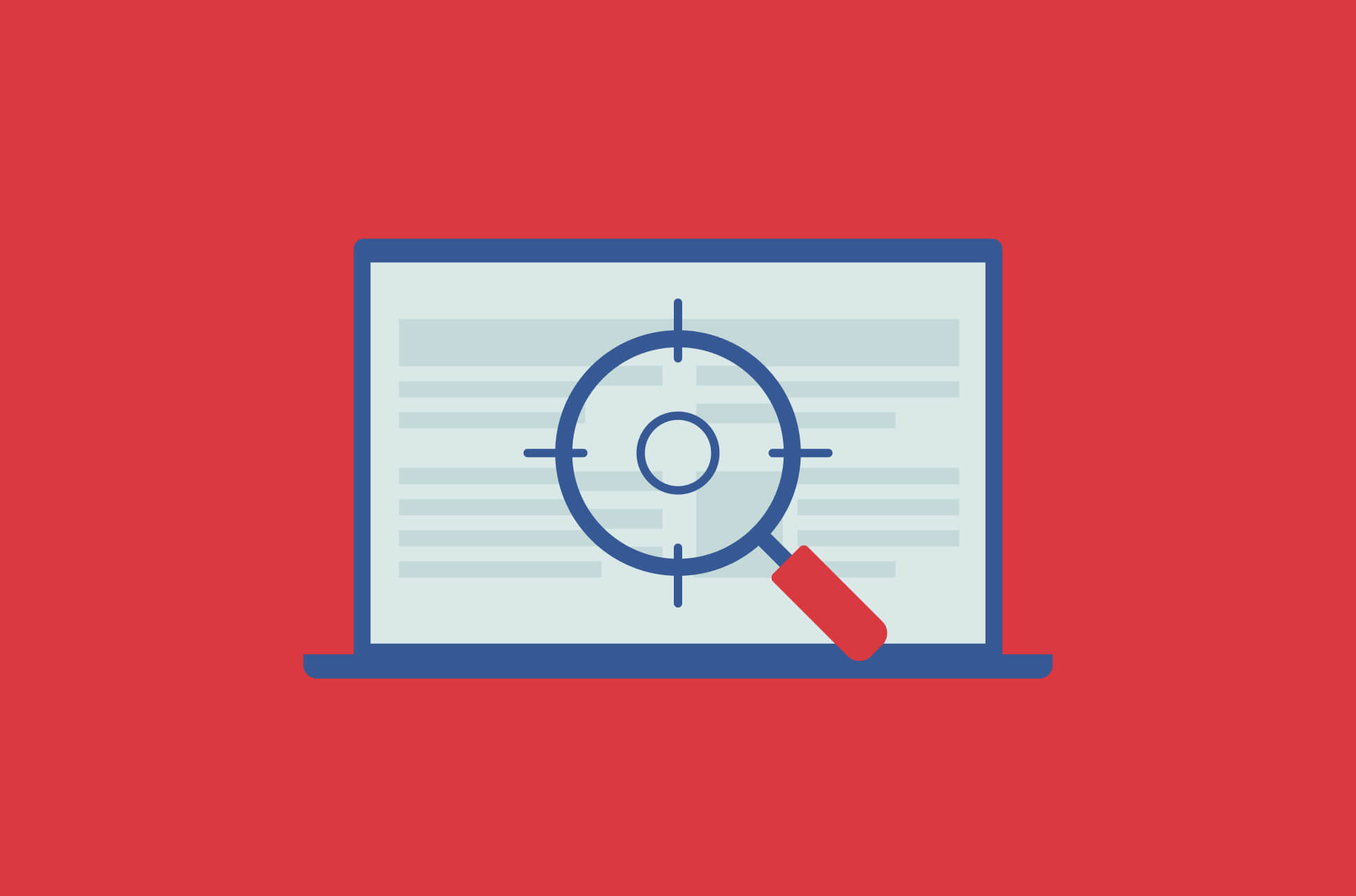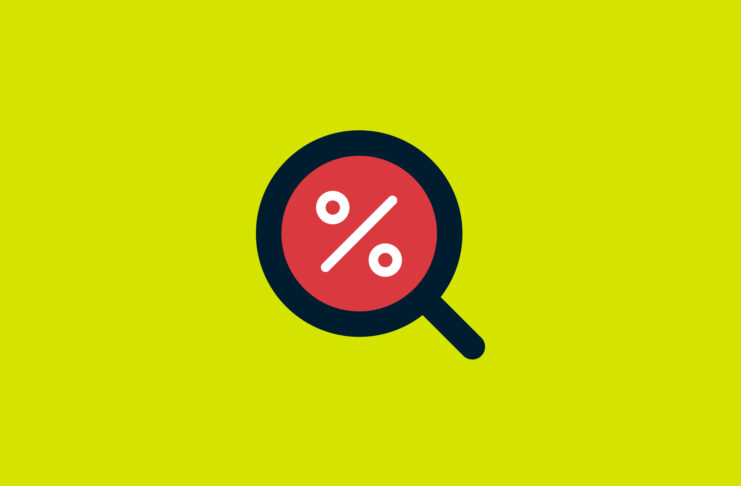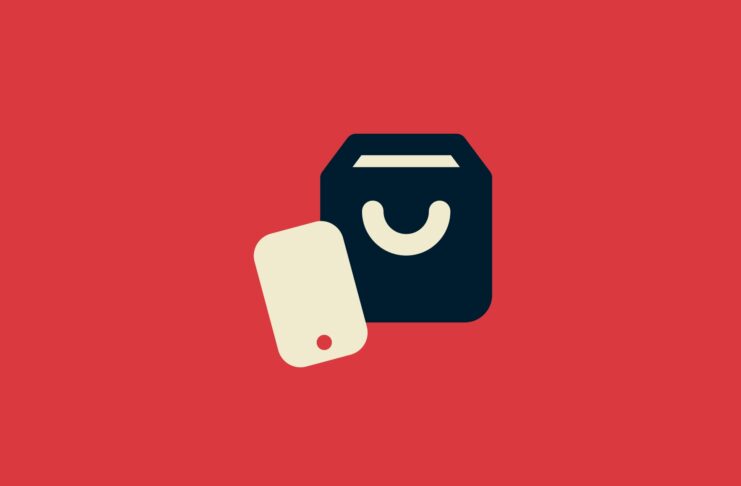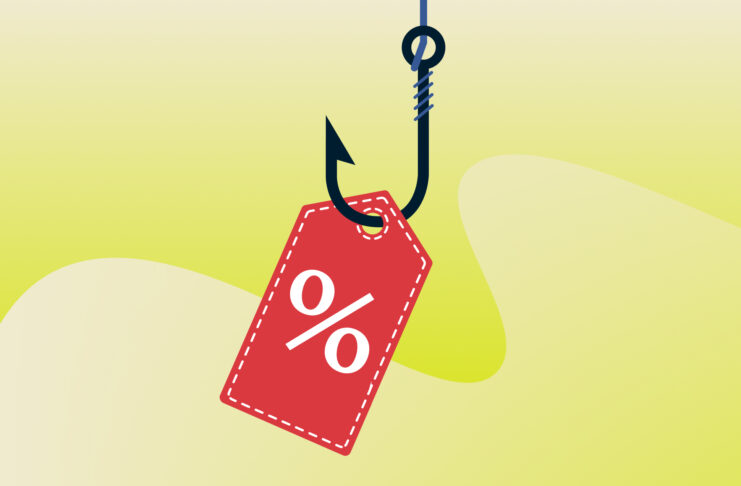Experiencing slow speeds with your VPN download can be frustrating, especially when relying on it for secure and efficient internet access. Understanding why this happens and how to address it ensures that your VPN enhances, rather than hinders, your online experience. Let’s review the reasons behind slow VPN connections and explore solutions to speed things up.
Need a VPN that won’t slow you down? ExpressVPN has super-fast speeds and 10-Gbps servers to give you reliable connections every time. Browse, stream, and game as much as you like without suffering from snail-pace speeds.
Does a VPN slow down your internet speed?
Yes, all VPNs have the potential to slow down your internet. At ExpressVPN, we optimize our service so that you’ll barely notice a difference.
Several factors can influence how much a VPN slows down your internet, from the quality of your VPN service to the physical distance between you and the server. However, good VPNs shouldn’t decrease your speeds beyond 10%–20%. Let’s take a look at the most important factors.
Before we start: Is the VPN really the cause of your slow speeds?
As mentioned, a VPN can be the cause of slower connection speeds, especially if you’re not using a good one. However, many different things can affect how fast your connection is, so before adjusting anything else, I suggest you verify if the VPN is the source of the slowdown.
Disconnect the VPN and run a speed test. If your internet is still slow, the issue might lie with your ISP or local network rather than the VPN.
For example, I ran speed tests with my connection alone and found that my baseline speeds were around 950 Mbps. When I connected to ExpressVPN, it only decreased to around 832 Mbps, meaning I’m well within the expected speed decrease when using a VPN.
Baseline speeds
Your internet speed without a VPN serves as a baseline. The performance of any VPN can’t exceed this baseline; it can only match or reduce it due to the encryption process. If your initial internet speed is slow, using a VPN might further decrease it. Your baseline speeds are dictated mainly by the speed of your connection (basically, what your ISP charges you for).
Quality of your VPN
The overall quality of your VPN service plays a significant role in its speed. Premium VPNs like ExpressVPN invest in high-speed servers and advanced technology to minimize speed loss. In contrast, free or low-quality VPNs might offer a different level of performance, leading to slower connections.
A VPN service with lots of bandwidth on its servers (which can partially come from having a large number of servers) can ensure speeds are maintained. For example, ExpressVPN uses next-gen 10-Gbps servers, which thanks to high bandwidth prevents congestion and slow speeds even when handling a large number of users.
Encryption method
Encryption is what makes VPNs secure, but it can also affect speed. More robust encryption methods require more processing power, which can slow down your connection. For instance, AES-256 encryption is stronger but slower to process than AES-128. However, we would not recommend going below the best-in-class encryption method of AES-256.
Distance to the server
The physical distance between your device and the VPN server can impact your internet speed. Generally, the further you are from the server, the slower your connection will be. Choosing a server closer to your location can help improve speed.
If you are using a VPN for security and are not looking to be placed in any specific location, choose the server location closest to you. ExpressVPN’s Smart Location feature can help you automatically choose the server that’s best for your network conditions.
Server load
The number of users connected to a VPN server simultaneously can also affect your speed. High traffic on a server can lead to congestion, reducing the speed for everyone connected. Premium VPNs manage this by distributing user load across multiple servers or adding new servers to high-traffic areas.
5 ways to make your VPN faster
If you’re experiencing slow VPN speeds, there are several methods you can employ to improve its performance. Let’s explore the most important ones.
Change your server location
The distance between you and the VPN server can affect speed. If you’re connected to a faraway server, choose a closer one. A server closer to your physical location will likely provide faster speeds. If you’re using ExpressVPN, you can use the server recommended for your network conditions by selecting Smart Location. If you need to place yourself in a specific country, you could also try a different server location within the same country if multiple locations are available.
Choose a faster server
Sometimes, servers can become overloaded with users, which can increase latency and slow your speeds down. Simply changing to a server with lower latency can give you a speed boost. You can use ExpressVPN’s built-in speed test to find the fastest server location near you.
Change your VPN protocol
VPNs use different protocols to transport data securely. Some protocols are faster than others. For instance, switching from OpenVPN to IKEv2 might improve your speed if it suits your network conditions. Note that some popular protocols sacrifice security for speed; ExpressVPN has phased out weaker ones like PPTP, as we don’t recommend using weaker security levels. We’ve developed our own protocol called Lightway, with one of the aims being fewer lines of code for a faster VPN experience that maintains robust security. (All subscribers get Lightway included, and it’s the default protocol you’re using in most cases.)
Restart your devices
Sometimes, the simplest solution is the most effective. Restarting your device can resolve many connectivity issues, including slow VPN speeds. This clears the device’s memory and can help the VPN software run more smoothly. Bear in mind that this includes the device you’re using and also any routers or access points on your network. The issue could be on any of these devices, so you can increase the chances of solving everything if you reboot them all.
Turn off security software
Firewalls and antivirus software are essential for your online safety, but they can sometimes interfere with VPN connections. Temporarily disabling these programs can help diagnose if they’re causing the slowdown.
Enable split tunneling
You can turn on ExpressVPN’s split tunneling feature to increase your speeds. Split tunneling lets you route certain traffic through the VPN, while leaving the rest of your traffic outside the VPN. For example, you might want to stream via the VPN, but still browse on the web as normal. With the split tunneling feature, you can do both—and usually with better speeds too.
Use a premium VPN
Free VPNs often have limited resources, leading to overcrowded servers and slow speeds. Investing in a premium VPN service like ExpressVPN can significantly improve your speed and overall experience. Premium VPNs offer optimized servers, advanced technology, and better bandwidth, ensuring faster and more reliable connections. ExpressVPN is one of the fastest VPNs thanks to our vast network of 10Gbps servers.
Can a VPN increase my internet speeds?
Yes. It’s possible that an ISP throttles—meaning slows down—connections when it detects high-bandwidth activities, like streaming, gaming, and large downloads. ISPs do this to reduce overall traffic congestion. Because a VPN hides what you are doing from third parties including ISPs, your ISP won’t be able to detect the activity type and apply throttling. So your speeds could improve. It’s important to note that this improvement is relative to throttled speeds and not an increase over your maximum ISP speed.
Can a VPN stop buffering?
It’s possible, if the buffering is caused by ISP throttling (see above). If your ISP is throttling your connection when streaming video or engaging in other high-bandwidth activities, a VPN can conceal the nature of your internet traffic, potentially stopping your ISP from throttling, thereby reducing buffering.
However, if buffering is due to slow internet speeds, a congested VPN server, or limitations of the streaming service itself, a VPN won’t solve the issue. In general, a VPN slows down internet connections rather than speeds them up. But with ExpressVPN, you likely won’t notice a difference. Our next-gen 10-Gbps servers give you reliable speeds, whether you’re streaming, gaming, or sharing a server with hundreds of other users. We don’t throttle your bandwidth like your ISP does.
FAQ: About slow VPN
Why is my VPN connection so slow?
Several factors can contribute to a slow VPN connection, including the distance to the server, server load, and encryption level. A high-quality VPN service aims to reduce the disruption to your internet speeds by optimizing its servers, protocols, and overall infrastructure.
How can I increase my VPN speed?
To increase your VPN speed, try changing servers to one physically close to you, adjusting your encryption level, or switching protocols. Also, consider using a premium VPN service for better performance.
Why does it take so long for my VPN to connect?
It might take longer for a VPN to connect if you have a weak or unstable internet connection or face restrictions from a firewall or antivirus software. There also might be an issue with the VPN server. If you’re in a high-censorship country, it might take longer to connect to a VPN.
What is a good internet speed for a VPN?
Because a VPN reduces your internet speed, we should think about it in terms of the amount reduced. A reduction of 10%-20% is considered normal. As for what speeds you actually should aim for after applying VPN, generally 10 to 25 Mbps is sufficient. Streaming in HD or online gaming may require 25 Mbps or higher.
How do I check if my VPN is slow?
To check if your VPN is slow, perform a speed test with the VPN connected and compare the results to a speed test conducted with the VPN disconnected. A significant difference may indicate a slow VPN. You can conduct the speed test using an app or even by searching “internet speed test” in Google—you’ll be offered a speed test within Google.
How much does a VPN slow down the internet?
A VPN can slow down your internet speed due to encryption overhead and the distance to the VPN server. ExpressVPN minimizes this slowdown with high-speed servers and efficient protocols. A good number to aim for is between 10% and 20% reduction.
Does VPN slow down gaming?
A VPN can slow down gaming in the same way it might slow down other internet activities. However, a high-quality VPN can reduce lag and ping if you connect to a server that’s physically closer to the game’s server. Gaming with a VPN also provides other benefits, like maintaining your anonymity, preventing DDoS attacks, and getting access to games otherwise restricted in your location.
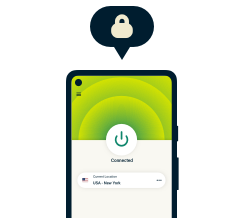
Protect your privacy with the best VPN
30-day money-back guarantee


